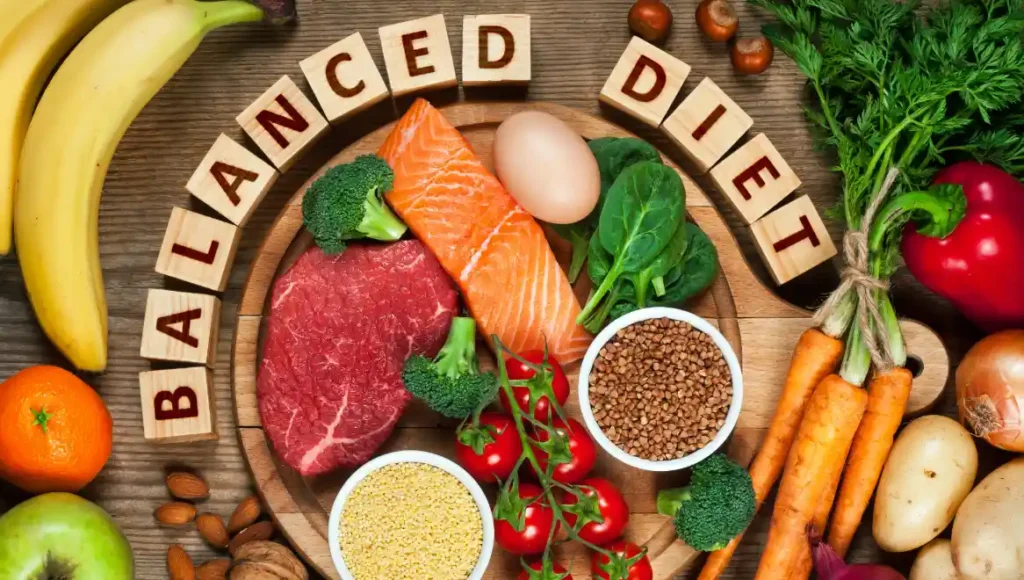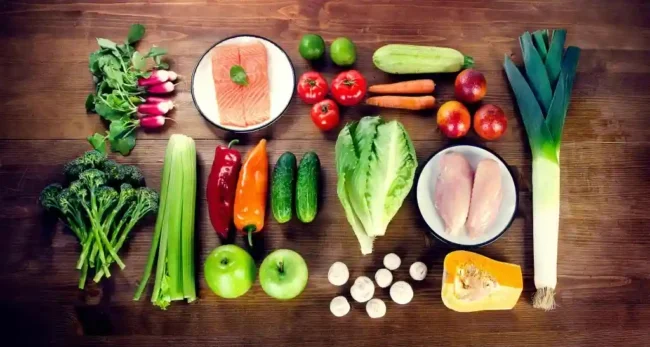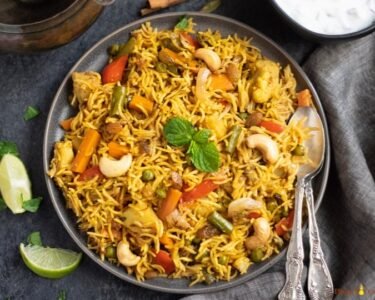Healthy diets to pick from
A new year signifies new beginnings and a fresh start for many people. For many, this encompasses setting new health goals, such as losing weight, following healthier diets, and starting a new exercise routine.
However, the health and wellness goals many choose are often highly restricted and unsustainable, leading to most people breaking their resolutions within the first few days. To break this cycle, it’s essential to make informed choices by first reviewing the benefits and drawbacks of each diet trend so that it becomes simple to make suitable lifestyle modifications that will enable you to reach your set goal. Here are five diets that you can choose depending on your specific requirements.
The Keto Diet
A Keto-centric diet focuses on consuming a meagre amount of carbohydrates and replacing them with fat so that the body can burn more fat for energy. It has gained immense popularity among people keen to lose weight by burning fat.A qualified expert needs to plan a ketogenic diet well to ensure it does not cause any health complications while achieving the desirable results.
One of the most significant disadvantages of a Keto diet is that it is not sustainable, as there are a lot of restrictions. The cost of the diet is also high, and it can cause health problems if not carefully planned and executed.
Plant-based Diet
As the name suggests, a plant-based diet includes food originating from plants, including fruits, vegetables, nuts and oilseeds, whole grains, cereals, and pulses. This diet does not include food of animal origin and processed products.
According to Minal Shah, RD, Chief Nutritionist, Fortis Hospital, Mulund, “A plant-based diet has proven to have numerous health benefits that include reducing the risk of developing heart disease, certain cancers, diabetes, weight loss and weight management. However, the drawback of this diet is that, in the long term, it can lead to nutrient deficiencies, particularly those associated with Vitamin B12 and Calcium.
Also, protein, an essential nutrient required for healthy living, is only found in incomplete forms in most plant-based sources. These items must be combined with the correct items like grains/cereals to make them complete protein. That being said, a plant-based diet is highly recommended if it is sustainable for your health and, more importantly, if you can make the required diet modifications. This diet helps to conserve the environment as the impact caused by the livestock industry is substantial in the overall economy.

Paleo Diet
A Paleo or Palaeolithic diet is based on the diet followed during the Palaeolithic era or when people lived like troglodytes. It includes fruits, vegetables, lean meats, fish, eggs, nuts, and seeds, excluding grains, legumes, and dairy products from farming & animal husbandry.
This diet is high in protein and fiber, moderate in fat (mainly from unsaturated fats), low in carbohydrates (explicitly restricting high glycaemic index carbohydrates), sodium, and refined sugars. However, this diet can cause nutrient deficiencies, especially Calcium and Vitamin D.
Intermittent Fasting
IF is an eating pattern that cycles between fasting and eating. The fasting period during an IF cycle must be 12-16 hours.
One of the most significant benefits of IF is that it is easier to follow as one does not have to track one’s calories constantly. It is effective in people keen to lose weight and battle health complications like insulin resistance, oxidative stress, inflammation, and even heart disease.
The biggest concern with IF is that the person needs to ensure that they do not overeat during their eating period while also eating healthy meals for this diet type to have a positive effect. Some other concerns with IF include constipation, lethargy, acidity, and headache.
Mediterranean Diet
The Mediterranean diet is one of the healthiest diets that includes many whole grains, fruit, vegetables, healthy nuts, lean meat, and fish with minimal carbohydrates, red meat, and processed foods.
The Mediterranean diet has been linked with a reduced risk of chronic diseases such as heart disease, Stroke, type 2 Diabetes, and certain types of Cancer. Further, this diet is rich in plant-based foods, which are high in fibre, antioxidants, and phytonutrients that help reduce inflammation and oxidative stress.
The only drawback of this diet is that it includes more fresh foods, healthy nuts and olives so that it may be a constraint for people on tight budgets. However, if planned well, it can still be followed.
It is a long established fact that a reader will be dist racted by the readable content of a page when looking at its layout.
The biggest concern with IF is that the person needs to ensure that they do not overeat during their eating period while also eating healthy meals for this diet type to have a positive effect.







